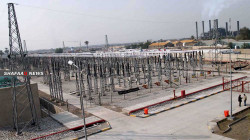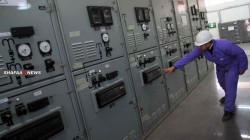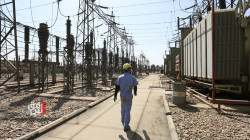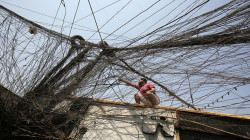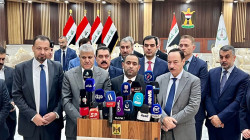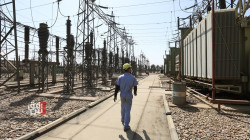Siemens produces 8GW electricity in Iraq: Report
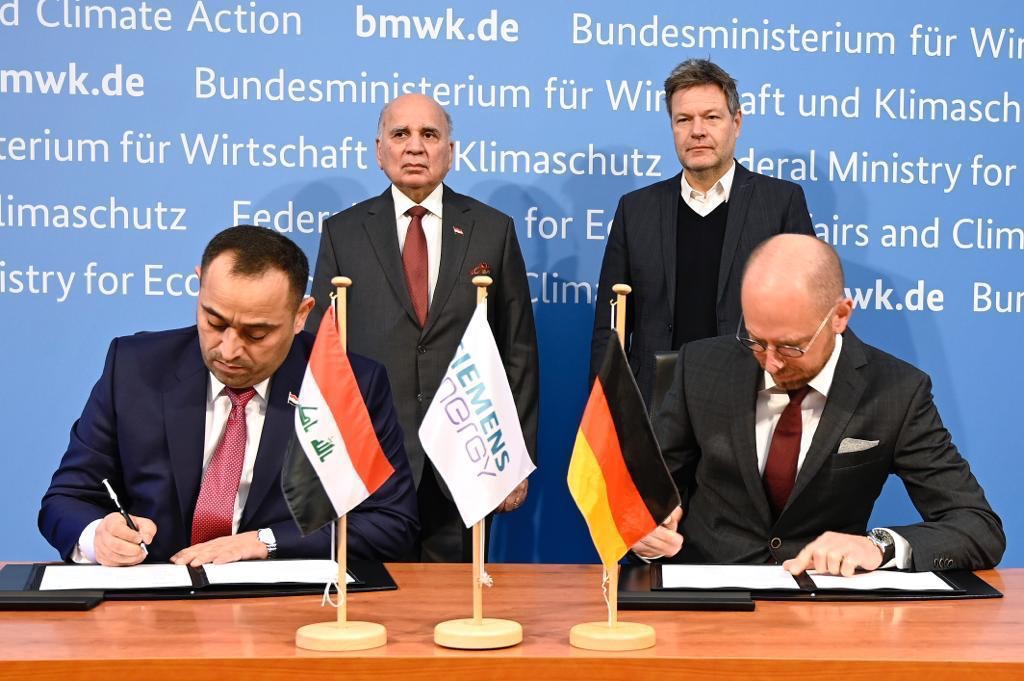
Shafaq News / Decades of conflict has severely damaged Iraq’s power infrastructure, causing blackouts that last up to 12 hours a day. Over recent years, Siemens Energy has become the country’s international partner in reforming its electricity sector. The German-headquartered group operates, manages or services around one-third of the 24 gigawatts of the country’s power generation.
Dietmar Siersdorfer, its managing director for the Middle East, tells fDi about its work and outlook for the country.
Q: Siemens Energy is regarded as a key partner in Iraq’s electricity sector reform. What have you been doing?
A: We’ve been active in the country since the 1930s. First building electrical infrastructure, and from the 1970s making major instalments including power stations. We have 135 people working in Iraq and we’ve invested in a special tooling warehouse to facilitate and provide fast response in the country. But 2019 was a tipping point as we put our first Iraq roadmap into action. Under this agreement with the government we provided an intensive study on how to enhance its grid, identified gaps in electricity generation, installed 13 substations and 35 transformers, and built a 1,000 megawatt (MW) gas-fired plant. We also upgraded our gas turbines through upstream cooling systems which created 790MW more capacity on existing units for an investment of around €75m. We have also been operating four power stations in Iraq with a total capacity of 3.5 gigawatts.
Q: In January you agreed the second stage of the roadmap, which focuses on renewables adoption, with the new government under prime minister Mohammed Shia' Al Sudani. How did this come about?
In December 2022, when the new government came into place, we asked them what we should do next as the first phase had been implemented. We could see that the government was being decisive, so we wanted to sign the second implementation agreement soon. Just five weeks after our first meeting, we agreed on the second stage. Then in March, we signed power station service contracts which had been dragging around for years in the pipeline but had never materialised. This was a real speed change compared to the endless discussions, bureaucratic processes and less outcomes with the previous government. The new government really took the liberty of saying: “We want this, and we want to do it now.”
Q: Iraq is known for widespread corruption. How has this impacted the firm’s operations there?
A: Lots of our projects, and others in the sector, weren’t moving forward and I believe corruption played a role in that. But the new government has been working on this and Siemens Energy has supported the ministries on it too. We’ve done workshops with them, showing them how we as a company implement compliance systems internally. That’s been well received as it’s based on real life, not a consultant’s slide, and we’ve already seen quite a dramatic change in behaviour.
Q: Iraq has seen a surge in foreign investment this year. Why is this happening now?
A: This government has shown it is really eager to move forward. Investors need a decisive government, otherwise if they are stalling everything they will go where the business is easier. So this decisiveness attracts investors as they see things are moving. It’s also changed the situation on the ground. What we see, and what our local employees tell us, is that there is a sense of more freedom among the population as they see the government is working in the right direction. There have always been protests and riots, with people showing up [at our facilities] in summer [during power cuts]. They’ve happened this year too, but much less so because they see the government has been working on improving public services and making progress.
(Foreign Direct Investment Intelligence Siemens)
